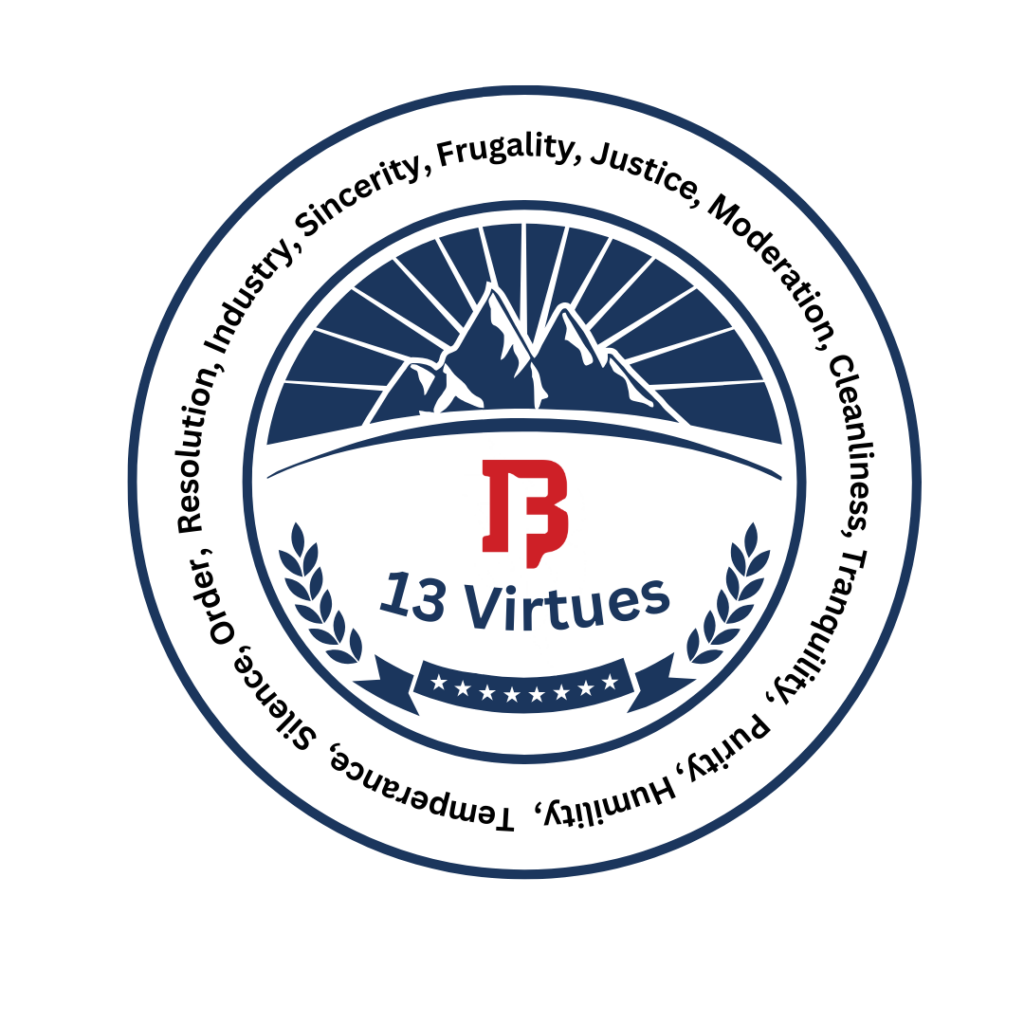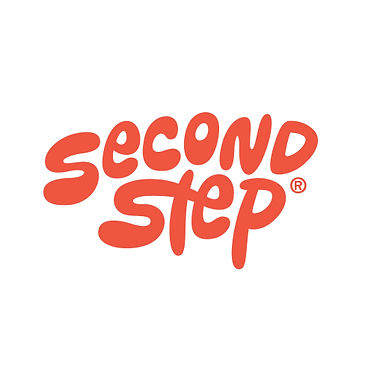Second Step is a program rooted in social-emotional learning (SEL) that helps transform schools into supportive, successful learning environments uniquely equipped to encourage children to thrive. More than just a classroom curriculum, Second Step’s holistic approach helps create a more empathetic society by providing education professionals, families, and the larger community with tools to enable them to take an active role in the social-emotional growth and safety of today’s children. While there are many different definitions of social-emotional learning, following are four definitions which align with how we view and teach SEL concepts at BFA:
- Social-Emotional Learning is a methodology that helps students of all ages to comprehend their emotions better, feel those emotions fully, and demonstrate empathy for others.
- Social-Emotional Learning is the process through which all young people and adults acquire and apply the knowledge, skills, and attitudes to develop healthy identities, manage emotions and achieve personal and collective goals, feel and show empathy for others, establish and maintain supportive relationships, and make responsible and caring decisions.
- Social-Emotional Learning is the process of developing the self-awareness, self-control, and interpersonal skills that are vital for school, work, and life success.
- Social-Emotional Learning is the vital framework through which people of all ages acquire skills in working towards their own unique goals, comprehending and managing their emotions, nurturing positive relationships, making informed choices, and feeling and exhibiting empathy.
Trusted & Proven
Used by schools in over 70 countries and reaching more than 15 million students annually, Second Step is a longstanding partner in education, built on decades of research and experience. Educators turn to Second Step because of its record of results, its commitment to research, and its intuitive programs that are designed with empathy and scalability. Second Step is a comprehensive and sound investment to support improving child safety, readiness to learn, school culture, and academic success.
Embraced by Teachers
Second Step gives teachers what they need in a way that makes a real difference, right away. Easily managed lessons and minimized up-front training and prep time allow teachers to buy in to the programs quickly and take their concepts further as SEL champions. Experienced veterans and first-year teachers alike are quick to embrace the intuitive formats, supported and developed through rigorous research and testing. Second Step is successful precisely because it works for teachers.
Engaging for Students
Dynamic, interactive content and explicit skills instruction are worked into every Second Step lesson to ensure it meets its objective. From beloved puppets and catchy songs during the younger years to candid Real Voices videos for middle schoolers, learning and practicing the skills and concepts taught in Second Step is an enjoyable, memorable experience—one that’s relevant and engaging for every grade level and reaches every learner in the classroom.
Unifying School Communities
By implementing Second Step schoolwide, every adult in the building gains access to lessons, resources, activities, and professional learning—setting a common, unifying language shared by students, teachers, administrators, and parents. The result? A more positive, unified school culture that can be felt throughout entire communities, creating meaningful change in the lives of children that passes on to others.
“Second Step.” Second Step Program, 2019, www.secondstep.org/what-is-second-step.
SEL Video
Additional Resources
There are resources and support tools available to our BFA families and students that can be accessed from home. The list below pulls together what was shared in the past related to Social-Emotional Learning and the Second Step Program.
General Second Step and SEL Information
Parents can go to
Second Step® Programs: Information for Families, a webpage designed by the Committee for Children, and learn more about social-emotional learning, why it’s important, what their child is learning through the Second Step program, and to view sample lessons.
Elementary – Earlier this year, our teachers sent out newsletters or emails that included Homelinks and the activation code to join
www.secondstep.org. With this code, you have access to watch videos about the Second Step program and get information about what your student is learning for each unit. Please reach out to your child’s classroom teacher if you need your code.
Middle School – Emails were sent out to middle school families before starting each Second Step Unit with helpful information. If you would like these resent or did not receive the emails, please reach out to
Tracy Pierce,
tpierce@bfacademy.org, and she will be happy to help.
ParenTeen Connect – This is a free resource for parents that provides expert advice and practical tools for dealing with real parent-teen issues that cause conflict in their lives—including screen time, independence, responsibility, and communication. More information can be found in the
ParenTeen Connect article.
Douglas County School District Resources – More information on Social-Emotional Learning and wellness is available on the
Douglas County website (
www.dcsdk12.org/SocialEmotionalWellness). You’ll find resources and support for your whole family on self-care, mental health, social-emotional wellbeing, fitness, nutrition, and more on the website.
Healthy Minds, Thriving Kids – You can use these evidence-based resources to spark important conversations and teach your kids a set of essential mental health skills.



